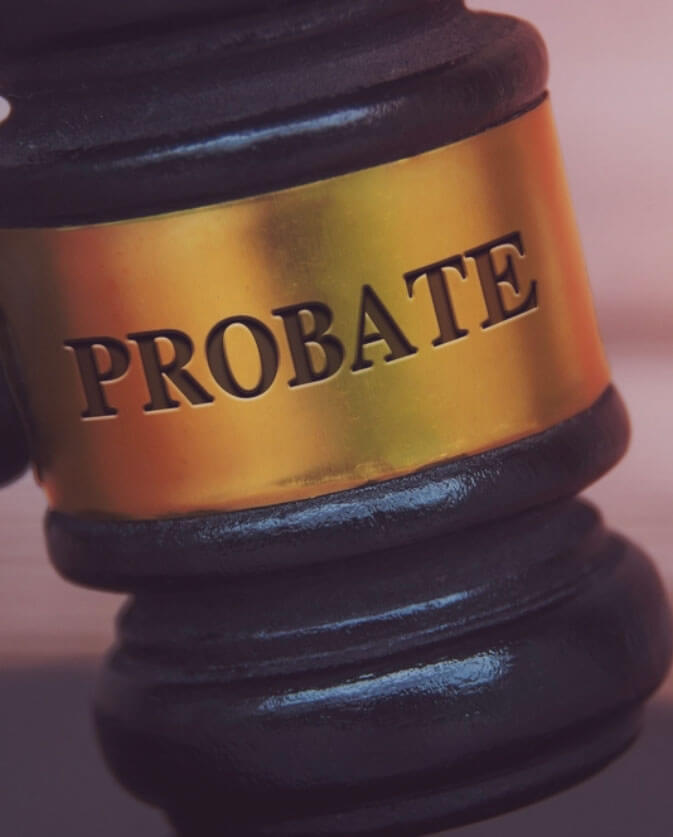Wills & Probate Northern Ireland
Get Expert Advice On Making Your Will, Your Way
Our team is highly experienced in handling all matters regarding wills and probate.
Whether you are planning for the future of your loved ones or negotiating the complexities of being named in the will of another, we are here to make your process run smoothly.
Will Services
It is essential that all adults, not just the elderly, have a will. If you have any assets or property, this is especially important. A Will is simple and relatively inexpensive. If prepared well, a Will can be used to reduce tax liability and other expenses upon death. This will ensure that your final wishes are honoured upon your death and that the family you have left behind are well taken care of. We offer a Will writing and advice service for a very reasonable fee
A will can help avoid family conflict during challenging times reserved for grieving a death. Our expert Probate and Wills team at Clarendon Legal Solicitors will endeavour to ensure that you have the least stress possible at a difficult time.
Our will-drafting services include but are not limited to the following:
• Writing and executing your Will
• Providing relevant inheritance tax advice
• Advice on alterations in your circumstances and how your estate will be affected
• Protecting the interests of your children/dependents and appointing guardians
A professionally prepared Will shall ensure that your estate is managed in accordance with your wishes.
To get started with your Will, get in touch today.
• Providing relevant inheritance tax advice
• Advice on alterations in your circumstances and how your estate will be affected
• Protecting the interests of your children/dependents and appointing guardians

Wills FAQ
Probate Services
After a family member’s death occurs, you might not get what you expected to inherit. You may also be responsible for managing an estate that is being litigated upon. Legal difficulties tend to arise in situations like these, but Clarendon Legal’s probate solicitors can offer highly specialised advice and expert guidance.
Clarendon Legal understands the importance of a personal and sensitive approach. Therefore, our team will guide you through the legal process.
Our probate specialists can help you with the following:
• Incapacity, invalidity or undue influence that may pose a challenge to a Will
• Claims under the Inheritance Provision for Family and Dependants (NI) Order 1979
• Expropriation of assets from problematic individuals
• Problematic executors and inefficient administration
Our specialist lawyers can help you to defend and/or manage the legal challenge to the Estates of loved ones.
For expert legal advice on probate matters, get in touch today.
• Claims under the Inheritance Provision for Family and Dependants (NI) Order 1979
• Expropriation of assets from problematic individuals
• Problematic executors and inefficient administration




